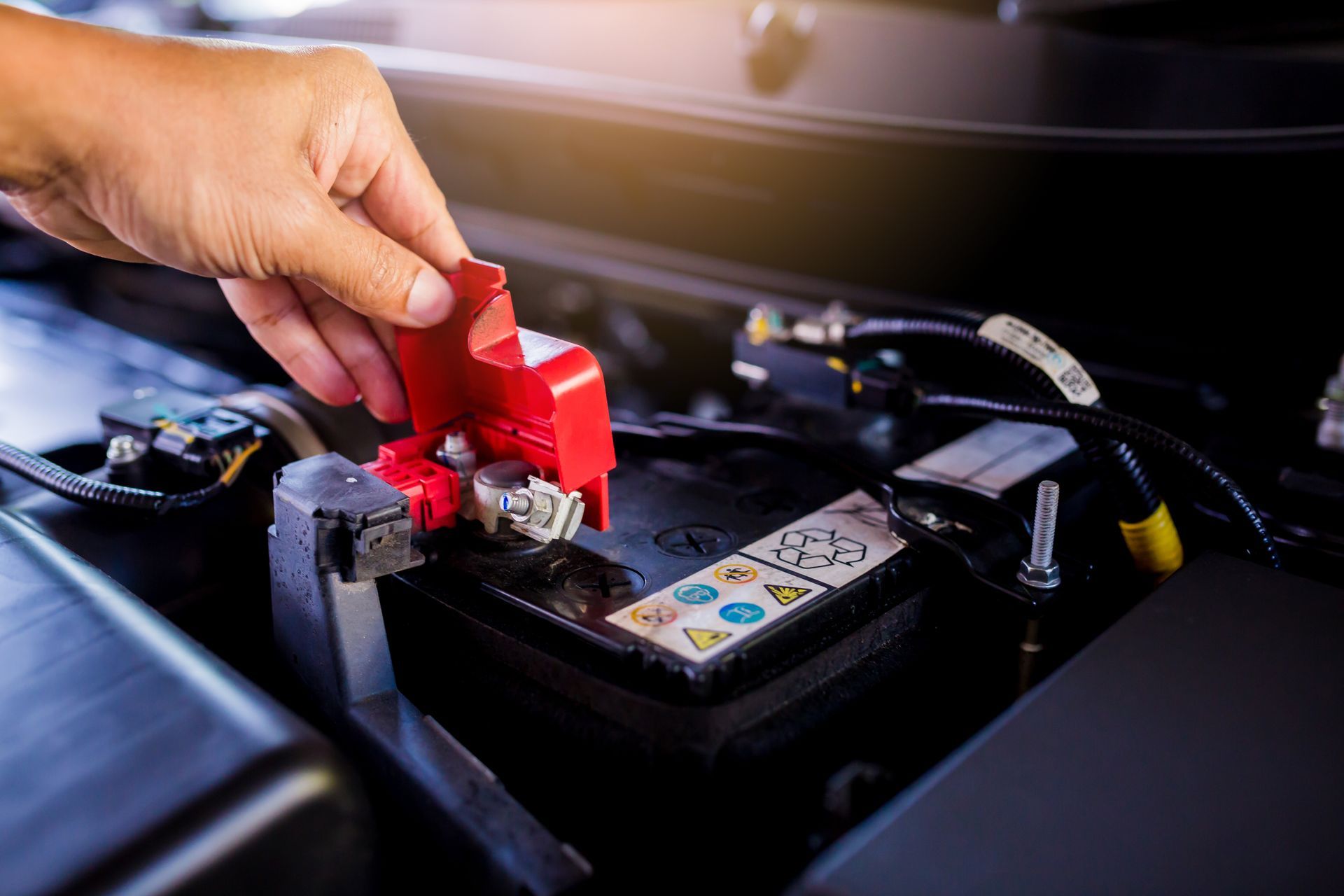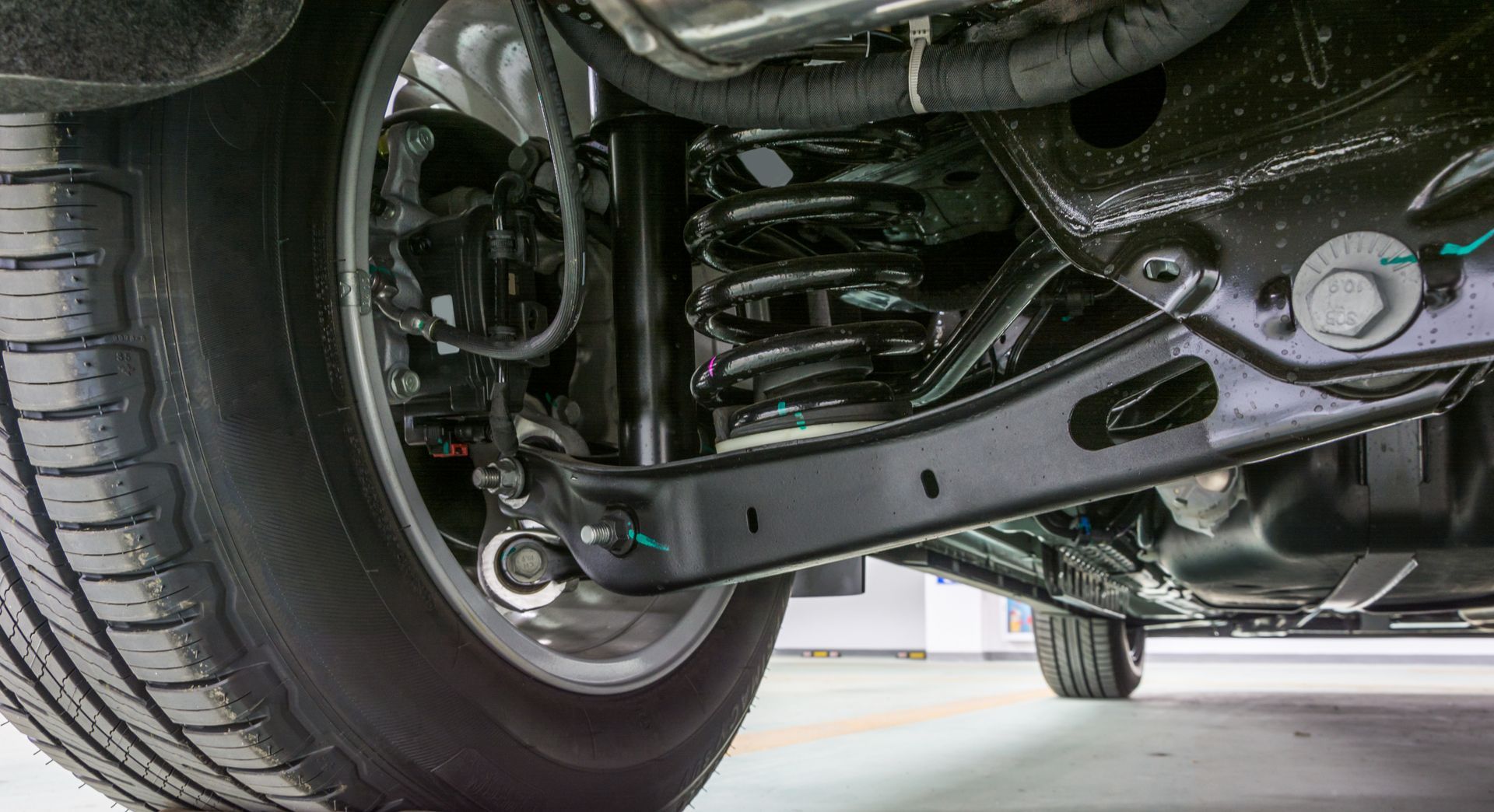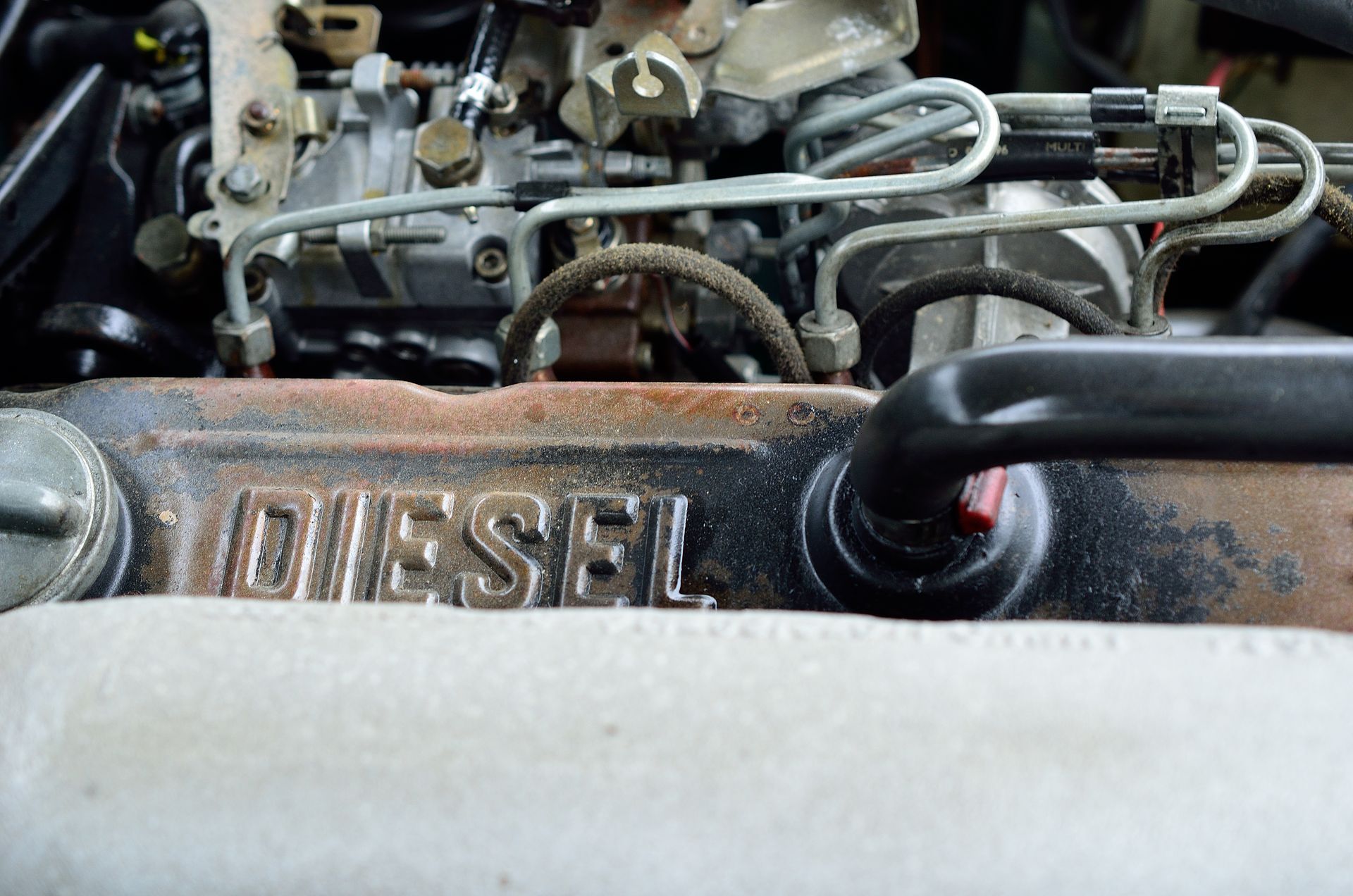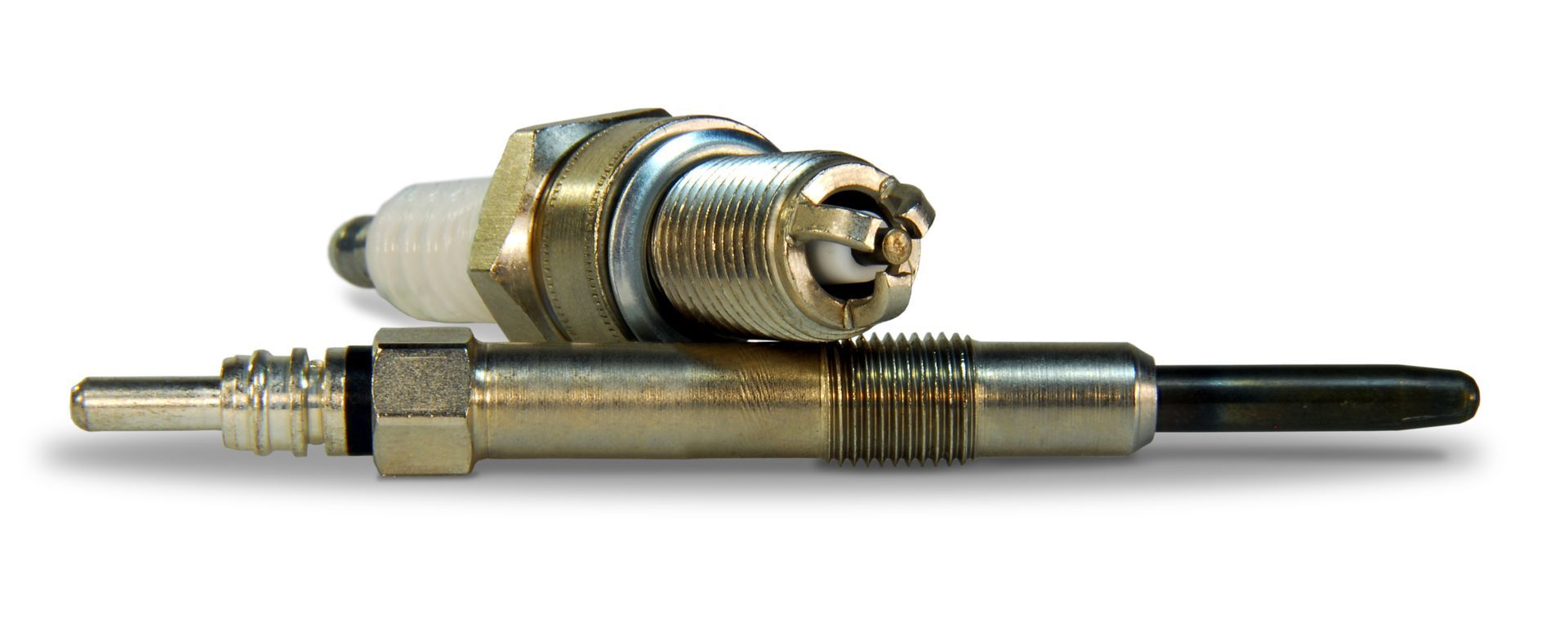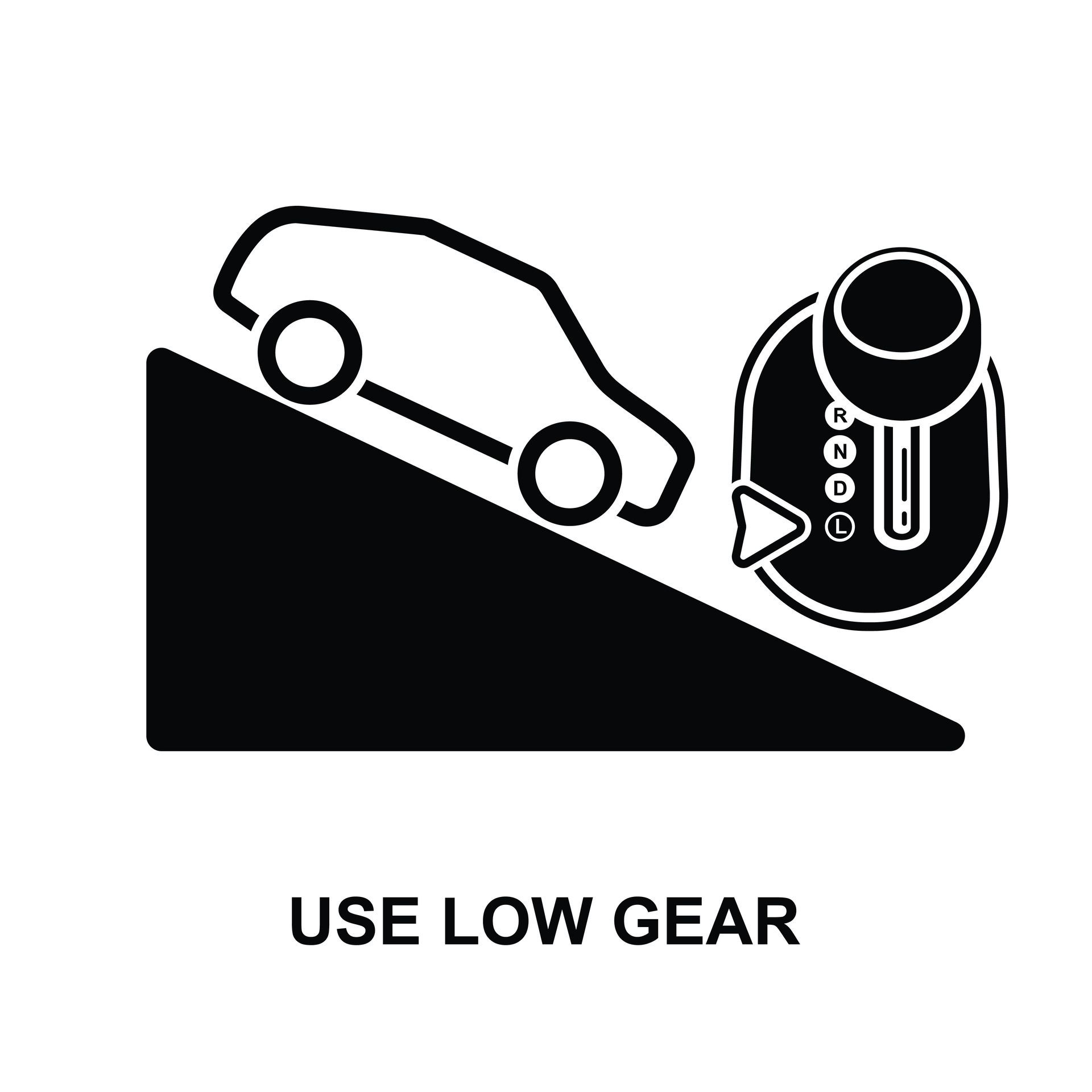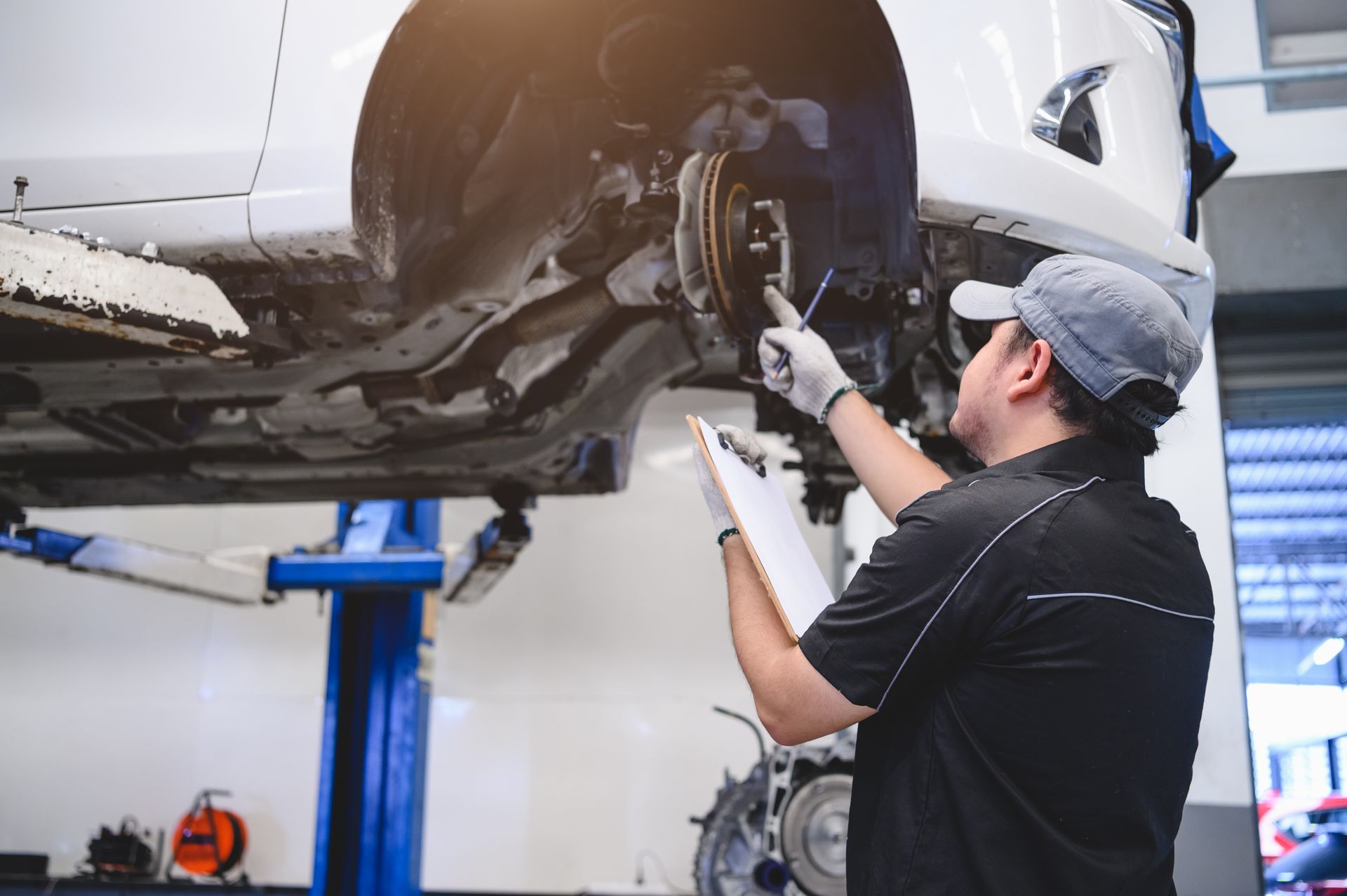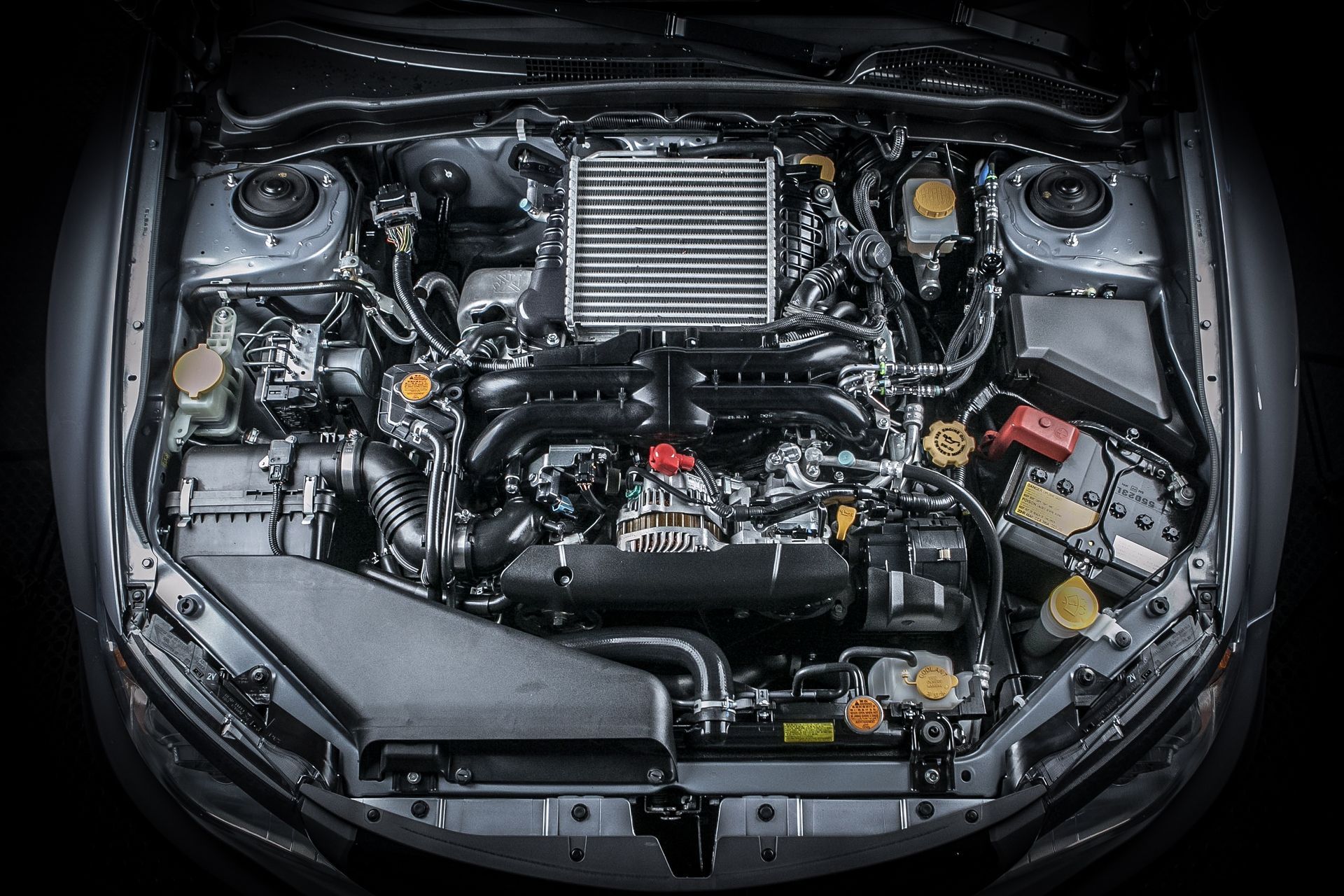Your car’s engine is designed to operate within a specific temperature range, ensuring efficient performance and fuel economy. But what happens when your engine runs too cold and never reaches its optimal temperature? While an overheating engine is often seen as a bigger concern, an engine that stays too cold can lead to poor fuel efficiency, increased wear and tear, and even long-term damage.
If your temperature gauge never seems to rise to the right level, or your car takes an unusually long time to warm up, it’s a sign that something isn’t working properly. Here’s what could be causing the issue and what you should do about it.
A Stuck Open Thermostat
One of the most common reasons an engine stays too cold is a stuck open thermostat. The thermostat controls the flow of coolant in your engine, allowing it to heat up quickly and then regulating the temperature by opening and closing as needed. If the thermostat gets stuck in the open position, coolant will continuously circulate through the radiator, preventing the engine from reaching its ideal operating temperature.
A faulty thermostat can cause:
- Lower than normal temperature readings on the dashboard gauge
- Poor heater performance, as the engine isn’t producing enough heat to warm the air
- Increased fuel consumption since the engine is running inefficiently
Replacing a thermostat is a straightforward repair, but ignoring the issue can lead to additional engine wear over time.
Malfunctioning Temperature Sensor
Your car relies on a coolant temperature sensor (CTS) to monitor engine heat levels and adjust fuel delivery accordingly. If this sensor fails or sends incorrect readings, the engine control unit (ECU) may believe the engine is colder than it actually is. This can cause the engine to run richer than necessary, burning extra fuel and lowering efficiency.
A bad temperature sensor can also trigger check engine lights or make your cooling fans run when they aren’t needed. If you suspect a faulty sensor, having it diagnosed with an OBD-II scanner can confirm whether it needs replacement.
Overcooling from a Faulty Radiator Fan
Your radiator fan plays a crucial role in keeping your engine from overheating, but if it’s running when it shouldn’t, it can lead to overcooling. This is especially noticeable in cold weather when the engine already struggles to warm up.
A malfunctioning fan can be caused by:
- A faulty fan relay that keeps it running non-stop
- A stuck cooling fan switch that doesn’t turn off when temperatures drop
- Incorrect sensor readings that misinterpret the engine’s actual heat levels
If your radiator fan is always on, even when the car is cold, it’s a good idea to have the system checked before it affects engine performance.
Cold Weather’s Impact on Engine Warm-Up
If you live in a cold climate, especially in areas with long winters like Colorado, your engine may naturally take longer to reach optimal temperature. Cold air makes it harder for an engine to retain heat, which can lead to longer warm-up times and reduced fuel efficiency.
Using an engine block heater in freezing temperatures can help maintain a more stable starting temperature and prevent excessive fuel consumption in the morning. Also, letting your car idle for a few minutes before driving can assist in warming up the engine more effectively.
Effects of a Cold Engine on Performance and Fuel Economy
Running an engine below its optimal temperature doesn’t just make your heater work less effectively—it can affect your fuel economy and engine health in several ways:
- Poor fuel efficiency – A cold engine burns more fuel than necessary to compensate for low temperatures.
- Increased emissions – Unburned fuel can lead to higher exhaust emissions, which may cause issues during emissions testing.
- Faster engine wear – Cold oil is thicker and doesn’t lubricate as effectively, causing more friction and wear on engine components.
Ignoring a cold-running engine can result in long-term problems that reduce your car’s reliability and lifespan.
Why You Should Get the Problem Checked ASAP
While an engine running too cold might not seem as urgent as overheating, it’s still something that needs attention. Whether it’s a faulty thermostat, sensor issues, or an overactive cooling system, diagnosing and fixing the problem early can save you money on fuel, improve engine longevity, and prevent unnecessary wear on your car’s components.
If you’ve noticed that your engine struggles to reach the right temperature, getting a professional inspection is the best way to pinpoint the issue.
For drivers in Colorado, where winter temperatures can be extreme, ensuring your engine warms up properly is crucial for safe and efficient driving. Don’t ignore the warning signs—take action before it turns into a bigger problem.
Is your engine struggling to reach the right temperature? BG Automotive in Colorado has you covered! Our expert technicians are committed to keeping your vehicle running at its best. With five convenient locations, quality service is always within reach.
Visit us at any of our locations:
- Fort Collins, CO 80524
- Fort Collins, CO 80524
- Loveland, CO 80537
- Loveland, CO 80538
- Longmont, CO 80501
Trust us to handle all your automotive needs with care and precision. Book your appointment today and keep your car in peak condition!

